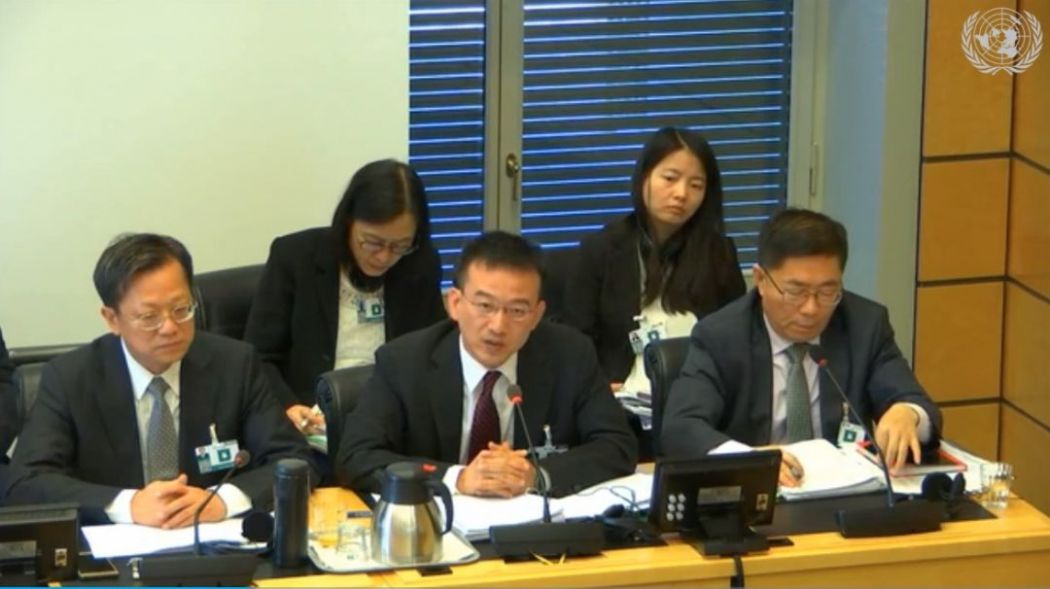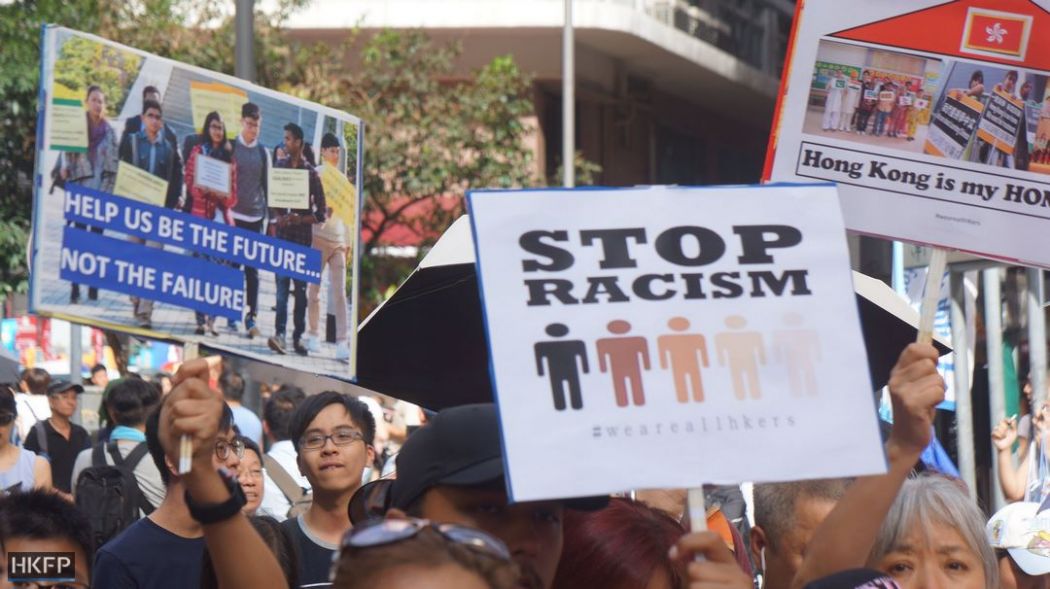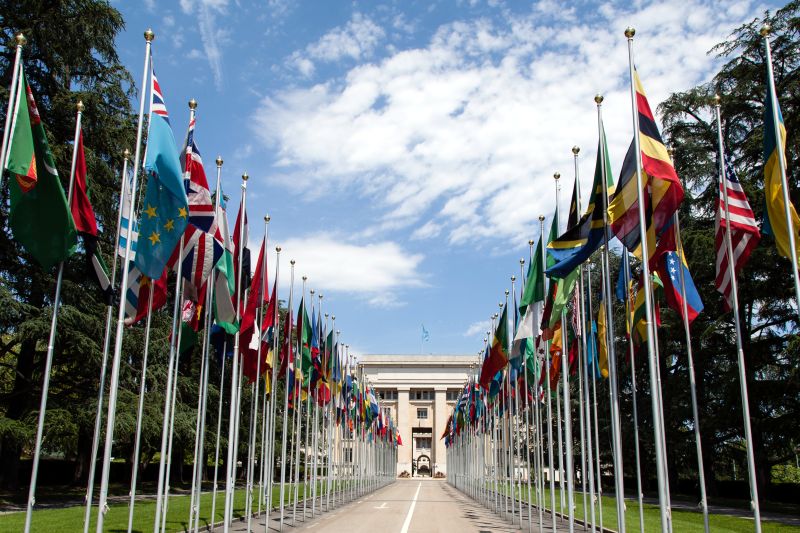A United Nations committee issued its concluding observations on China, Macau and Hong Kong on Thursday after conducting hearings earlier this month.
The Committee on the Elimination of Racial Discrimination (CERD) expressed concerns on whether Hong Kong’s laws and government bodies were effective in tackling racial discrimination, and recommended more training for civil servants and systemic reform.
The CERD also highlighted the situation with foreign domestic workers, human trafficking victims, asylum seekers and refugees. In particular, it commented on issues faced by ethnic minorities, such as poverty, education and employment difficulties.

The CERD held hearings in Geneva on August 10 and 13, which were attended by a Hong Kong government delegation and a delegation of representatives from 11 local NGOs. At the hearings, the government’s representative gave oral and written responses.
Echoing a concern raised by the NGO delegation, the CERD said it was concerned that Hong Kong’s Race Discrimination Ordinance does not cover law enforcement activity.
“The Committee urges the State party, including Hong Kong, China, and Macao, China to amend its domestic laws to… expressly prohibit both direct and indirect racial discrimination in all fields of public life, including law enforcement and other government powers,” the document read.
The CERD also said the Hong Kong government may be downplaying the severity of racial discrimination in the city.
“In the light of reports of acts of racial discrimination occurring in various sectors of public and private life in Hong Kong, China, the Committee is concerned by the statement of Hong Kong, China, that racial discrimination is not a prevalent or serious problem there,” it said.

The CERD made special reference to media reports that portray ethnic minorities in a negative light: “The Committee is also concerned by reports from Hong Kong, China of negative portrayals and hostile statements in traditional and social media targeting ethnic minorities, in particular South Asians, by inflammatory public statements made against them, and by reports that commensurate action is not consistently taken by the authorities in Hong Kong, China, in response to acts of hate speech.”
The CERD noted that the Hong Kong government provided no statistics on racist hate speech, and asked for related statistics to be provided at the next hearing.
‘Relatively successful’ lobbbying
The NGO delegation reacted positively to the CERD’s document on Friday, and also reiterated their criticism of the Hong Kong government’s performance in Geneva.
“Our lobbying was relatively successful, if we look at the diverse areas covered in the [concluding observations],” said Law Yuk-kai, director of Hong Kong Human Rights Monitor.

“The CERD told us it was grateful for the help provided by NGOs who work at a local level,” Law added.
While the NGO representatives did not speak during the actual hearings, CERD members met with them privately during the preparation phase.
The Hong Kong government issued a statement on Friday giving an “initial response” to the CERD’s recommendations.
“We… note that the Committee has raised concerns and made recommendations in a number of areas. We respect the Committee’s views and will examine them carefully,” a spokesperson said.

The spokesperson noted that the CERD welcomed the Hong Kong government’s effort to provide community outreach programmes and a Chinese language learning framework aimed at ethnic minorities.
A more detailed response to the recommendations will be included in Hong Kong’s next report to the CERD, the spokesperson added. That report is due in 2023.
